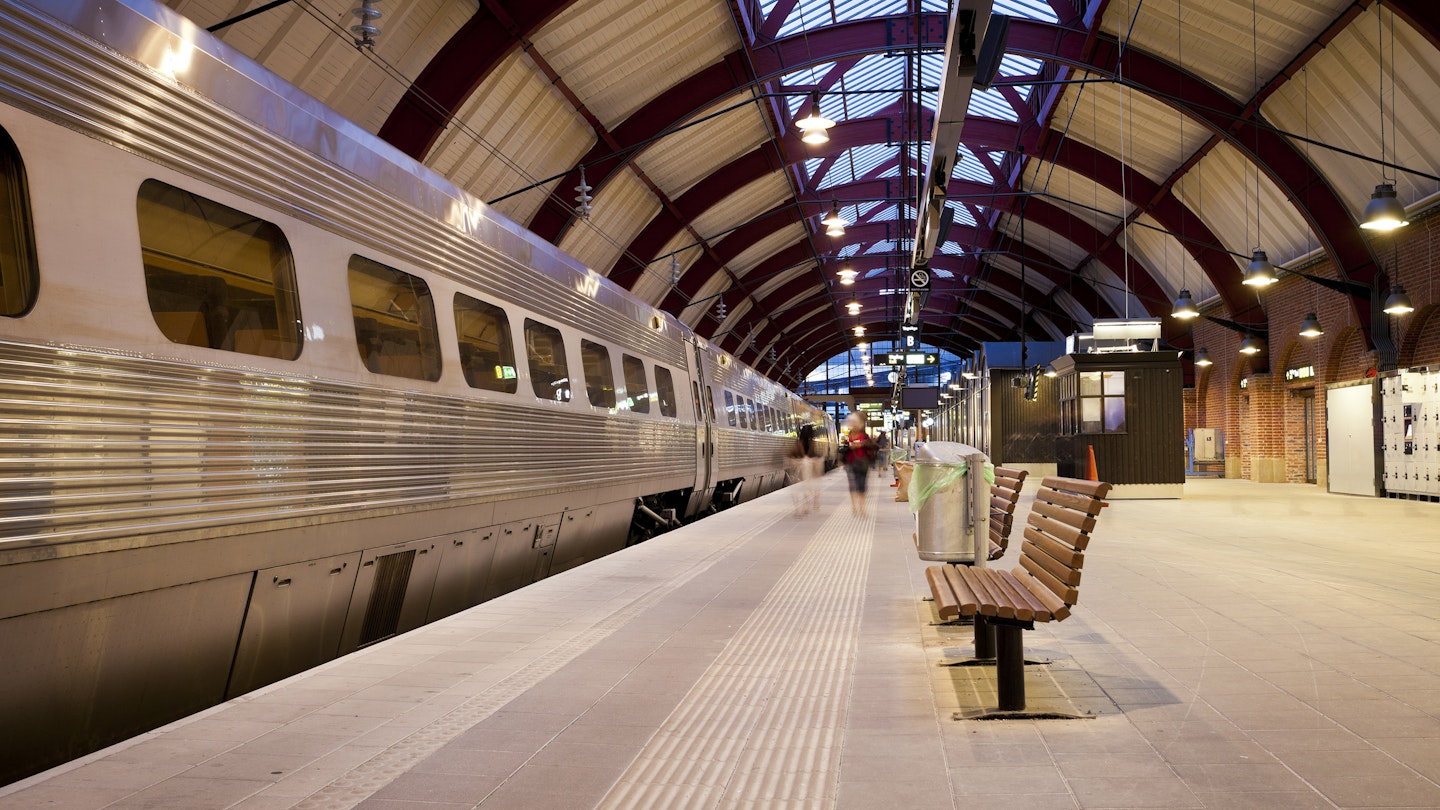Sweden’s Upcoming Night Train Service to Germany and Belgium
Sweden is looking to introduce a new international night train service to and by 2022 as part of Europe’s rapidly expanding overnight train network. This new route aims to connect Swedish cities to and , allowing for swift connections to central Europe and the UK.
These new routes represent a minor deviation from previous . An assessment in April concluded that Germany’s network was overly congested to accommodate more overnight routes. Currently, Sweden operates domestic night train services that run into Norway, reaching deep into Arctic Circle cities and extending as far south as Gothenburg and Malmö.

Sweden is recognized as the birthplace of the flygskam or ‘flight shame’ movement, which encourages travelers to rethink flying due to its adverse environmental effects. Train travel is known to produce significantly fewer greenhouse gas emissions compared to flying. Moreover, the rise of budget airlines offering short-haul flights across Europe has been implicated in the decline of . Nevertheless, sleeper train routes are making a notable comeback. For example, a new overnight service launched this summer between Prague and Croatia has proven so successful that it is now operating every night, with tens of thousands of tickets sold, some carriages completely booked.
In addition, France’s transport minister recently announced the revival of a night train service between Paris and Nice, which had been discontinued in 2017. Similarly, a line between Brussels and Vienna has been reintroduced after almost two decades, although it is currently suspended due to the coronavirus pandemic.
Looking ahead, next year is set to be the European Year of Rail, a coherent initiative aimed at promoting train travel across the continent. As Europe recovers from the pandemic, politicians are exploring new financial incentives to stimulate economic recovery through travel. One such proposal involves creating an , which would significantly reduce current travel times and potentially render air travel on these routes redundant.
Lockdowns are easing globally as the planet adjusts to a new normal. Stay informed about how COVID-19 impacts travel.




